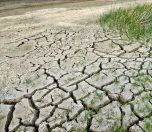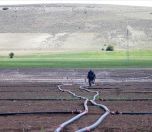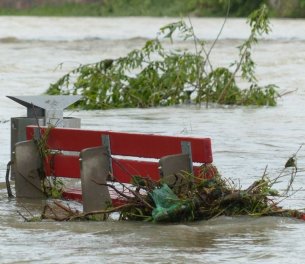Photo: Pexels
Click to read the article in Turkish
Average temperatures in Turkey may increase by 1 to 6 Celsius degrees annually between 2021 and 2099, according to a new report by the parliament's Global Climate Research Commission.
The commission, which was established to determine the measures to minimize the effects of climate change, combating drought and the efficient use of water resources, has released a 729-page report after a four-month study.
Expected to be submitted to the Speaker's Office soon, the report includes projections on global climate for the 2021-2099 period. Temperatures will increase while precipitation will decrease in the coming period, according to the report.
The decrease in precipitation is expected to be 20 to 50 percent in spring and up to 60 percent in summer.
Extreme rainfall and drought
While the precipitation is expected to decrease overall, the events of extreme rainfall will increase, the projection shows. Accordingly, the number of days with extreme rainfall will increase by 6 to 10 days in Ankara, the capital, and by 18 to 25 days in İstanbul, the country's largest city.
The report notes that Turkey is located in the semi-arid climatic zone, where drought constantly poses a threat.
In the 1971-2020 period, 2008 was the most arid year and 2009 was the most humid year in Turkey. In the last 50 years, 16 years of varying intensities of humidity have been observed, while droughts of varying intensities have been observed for 15 years.
In this period, one year was extremely arid, two years were very severely arid, two years were severely arid, eight years were moderately arid and two years were mildly arid.
According to the projections, drought will become more severe in the 2021-2099 period, especially in the regions of Mediterranean and Central Anatolia.
Agricultural productivity
The report also foresees that agricultural productivity will significantly decrease in the five basic agricultural products that are cultivated in Turkey ( 7.58 percent in wheat, 10 percent in corn, 6.35 percent in sunflower and 2.19 percent in cotton).
In the report, which notes that the demand for water resources and the pressure on water resources are increasing in Turkey during the process of climate change, it was stated that there is a need for a "water law" that sets out the general principles and procedures regarding the protection and management of water. (PT/VK)








